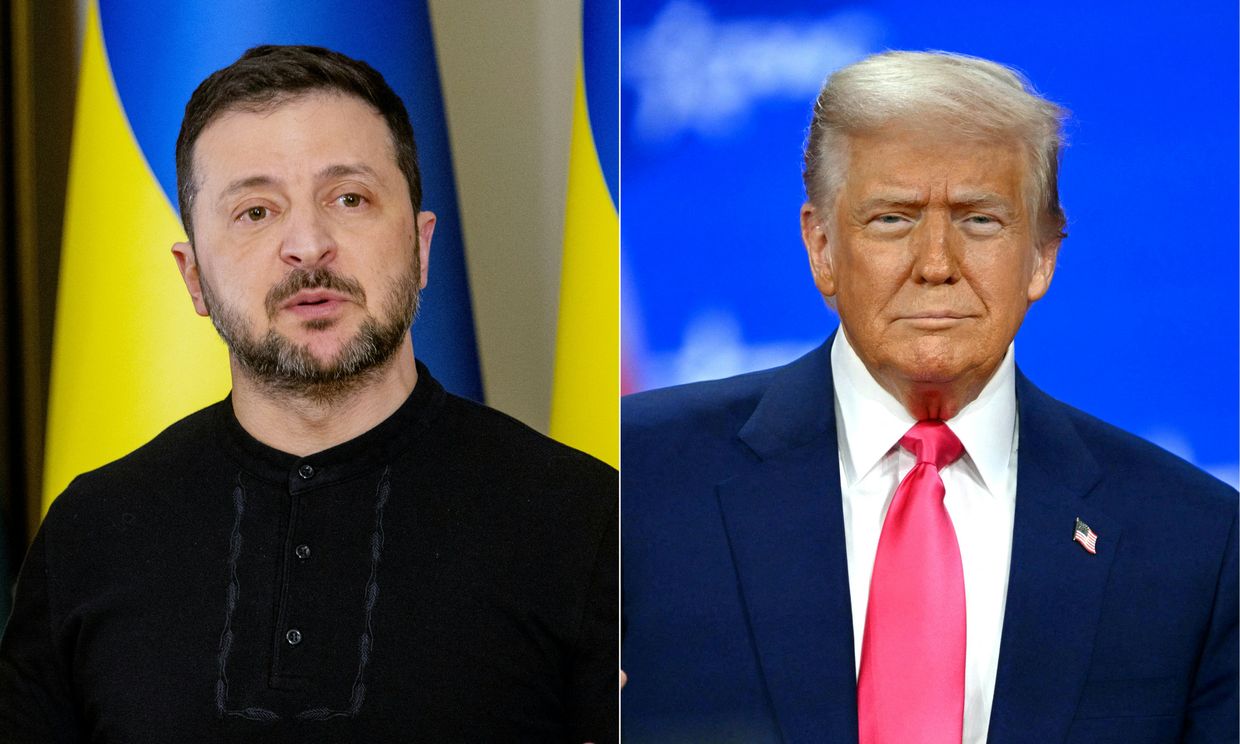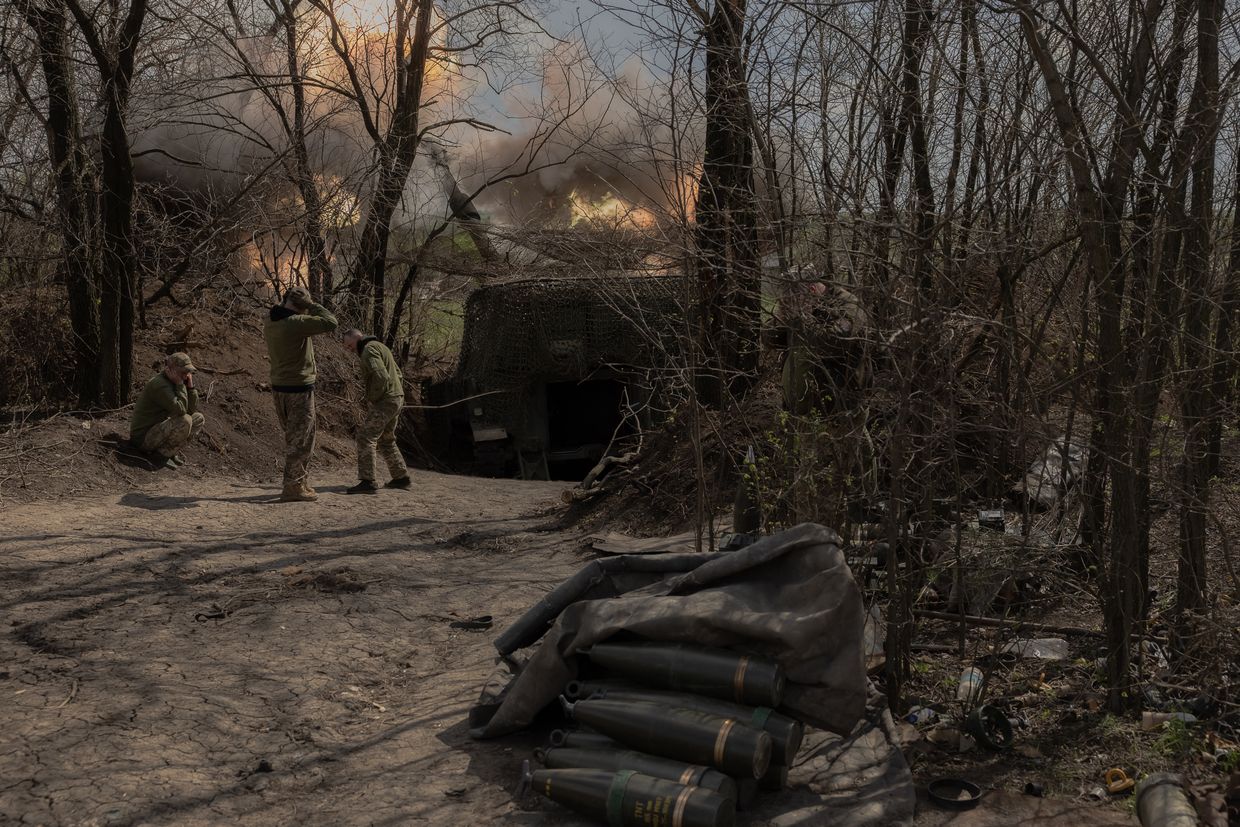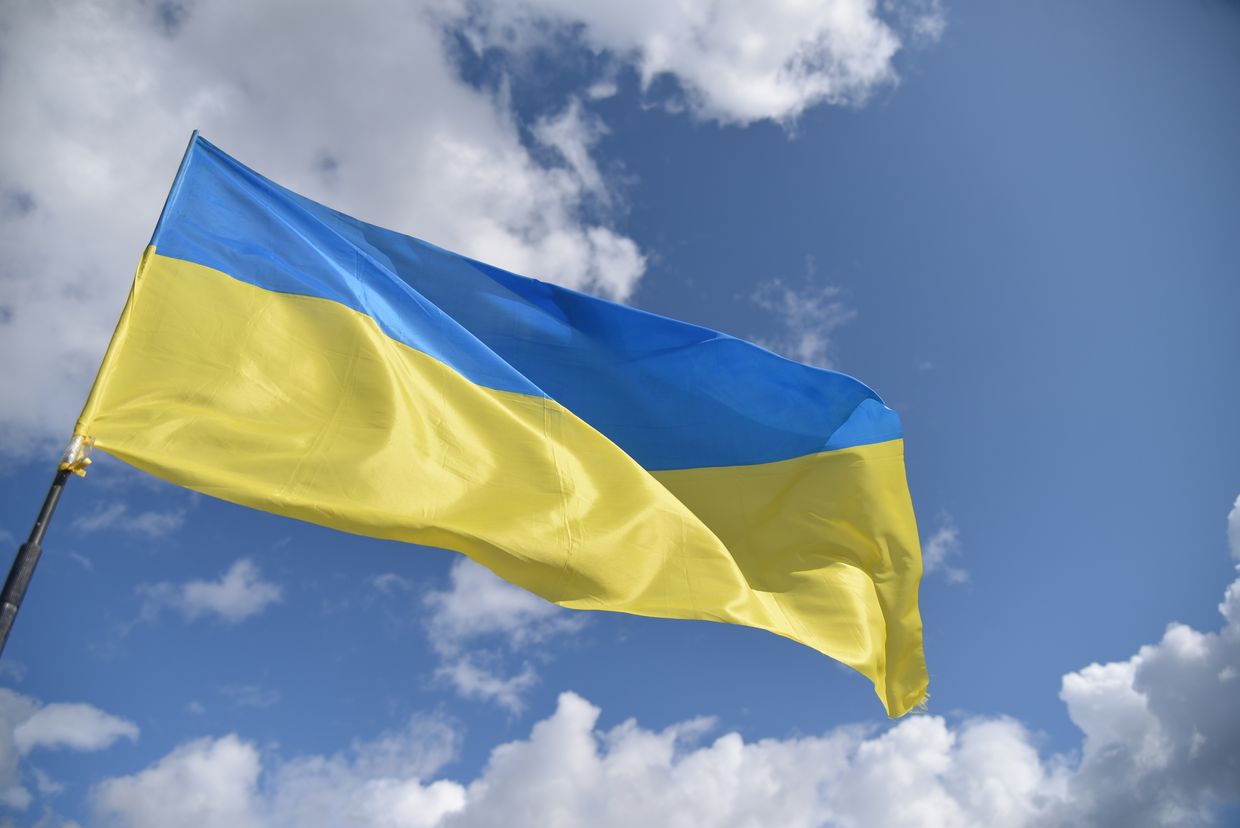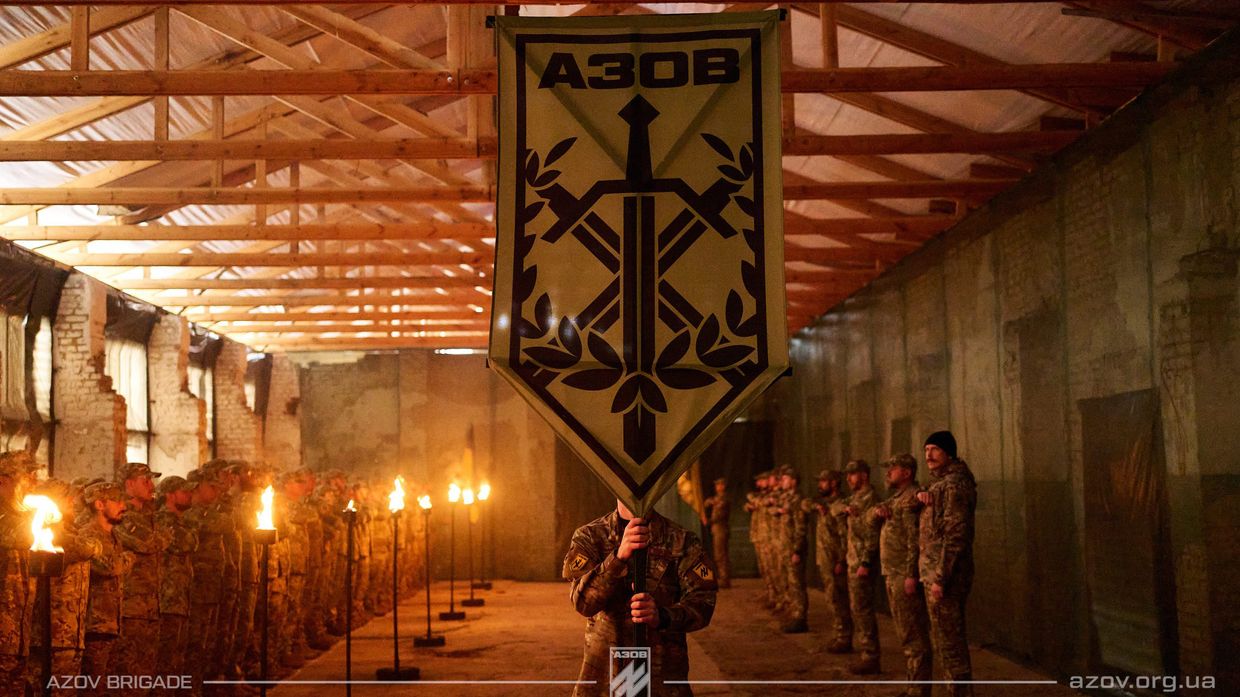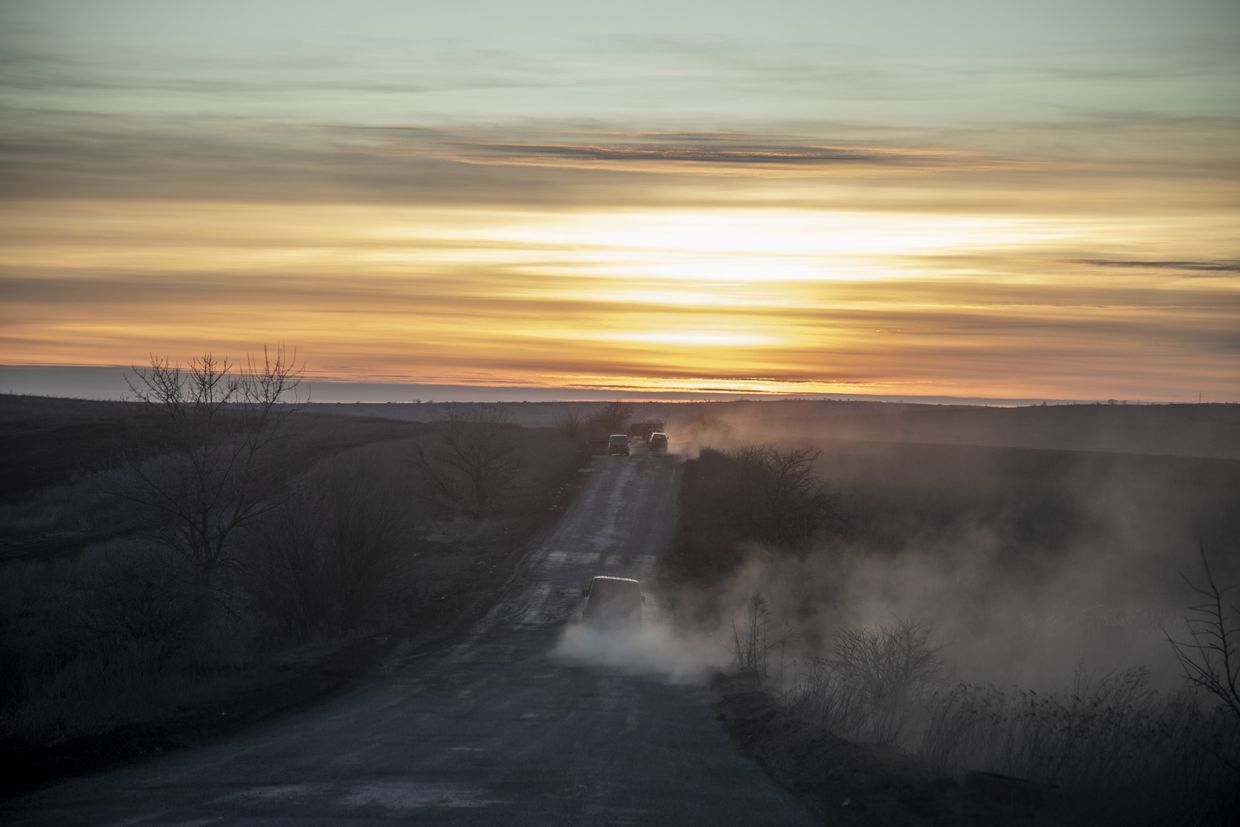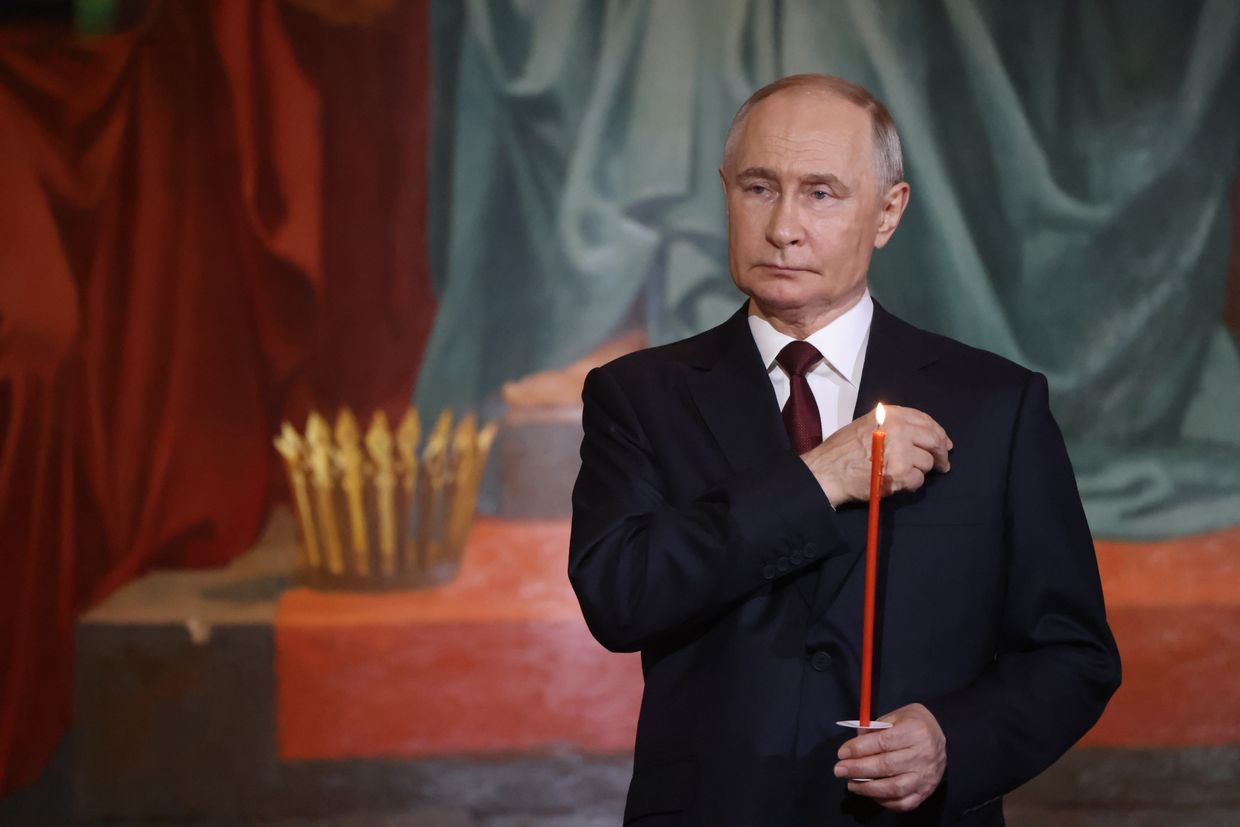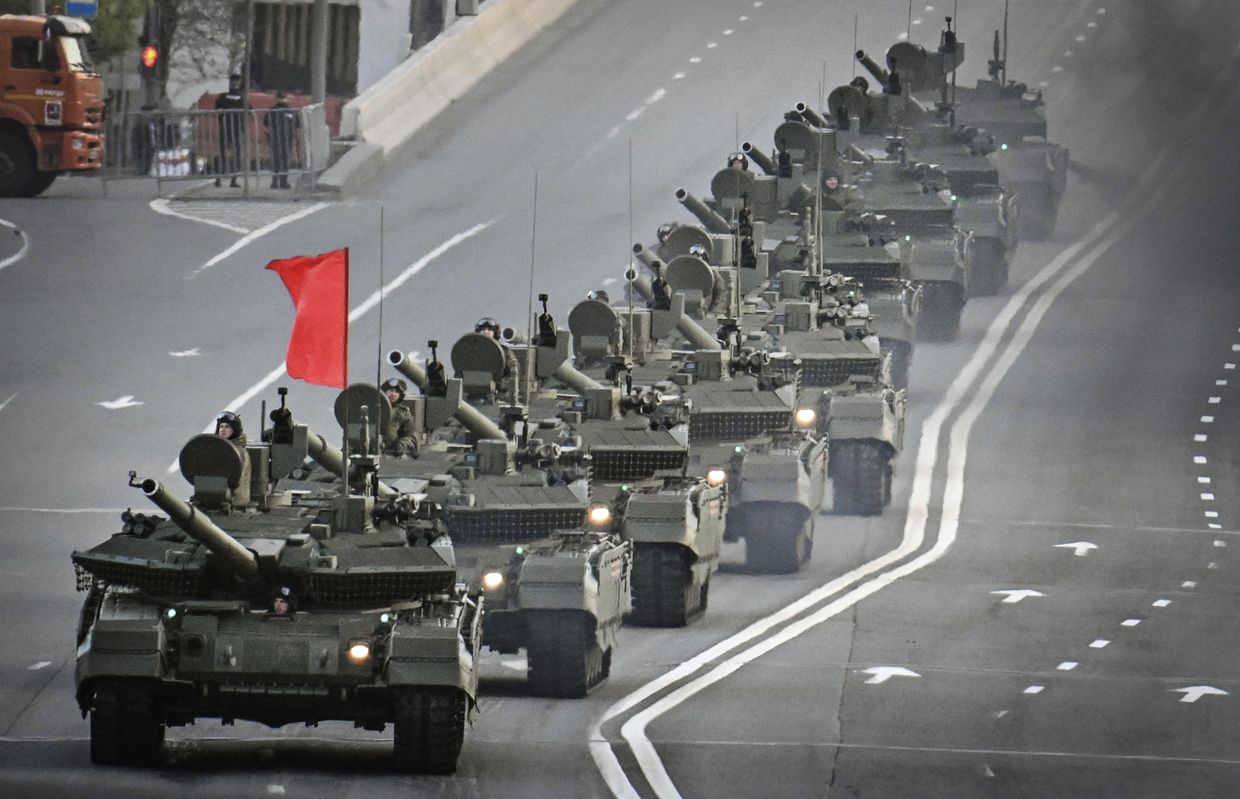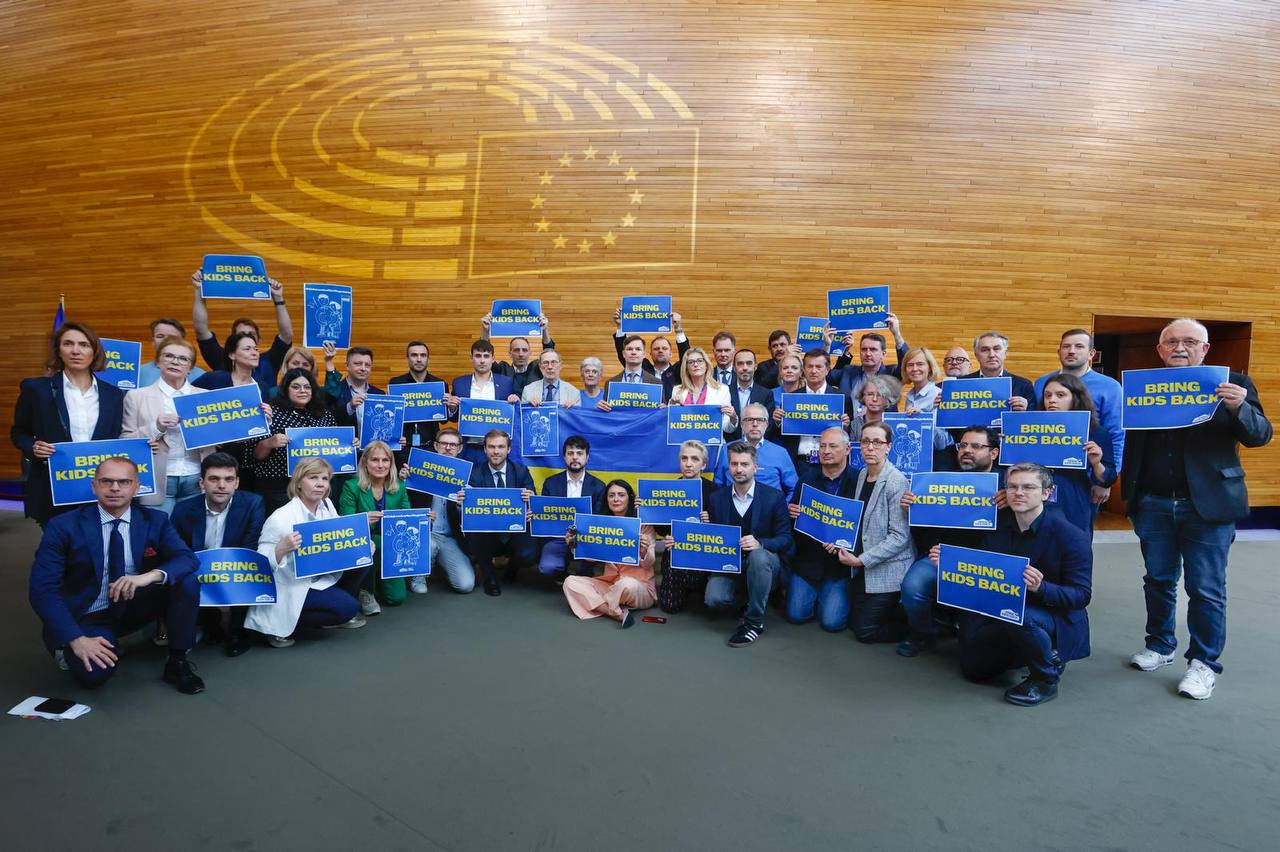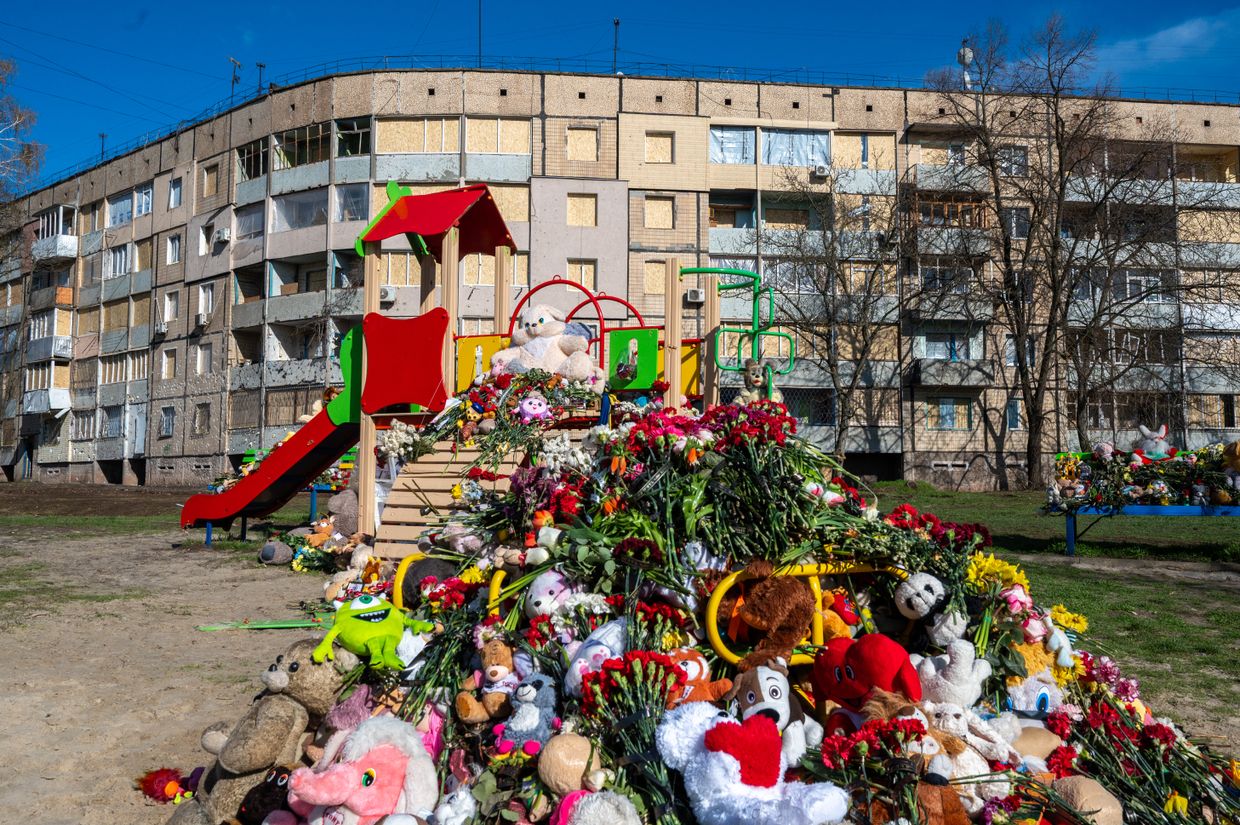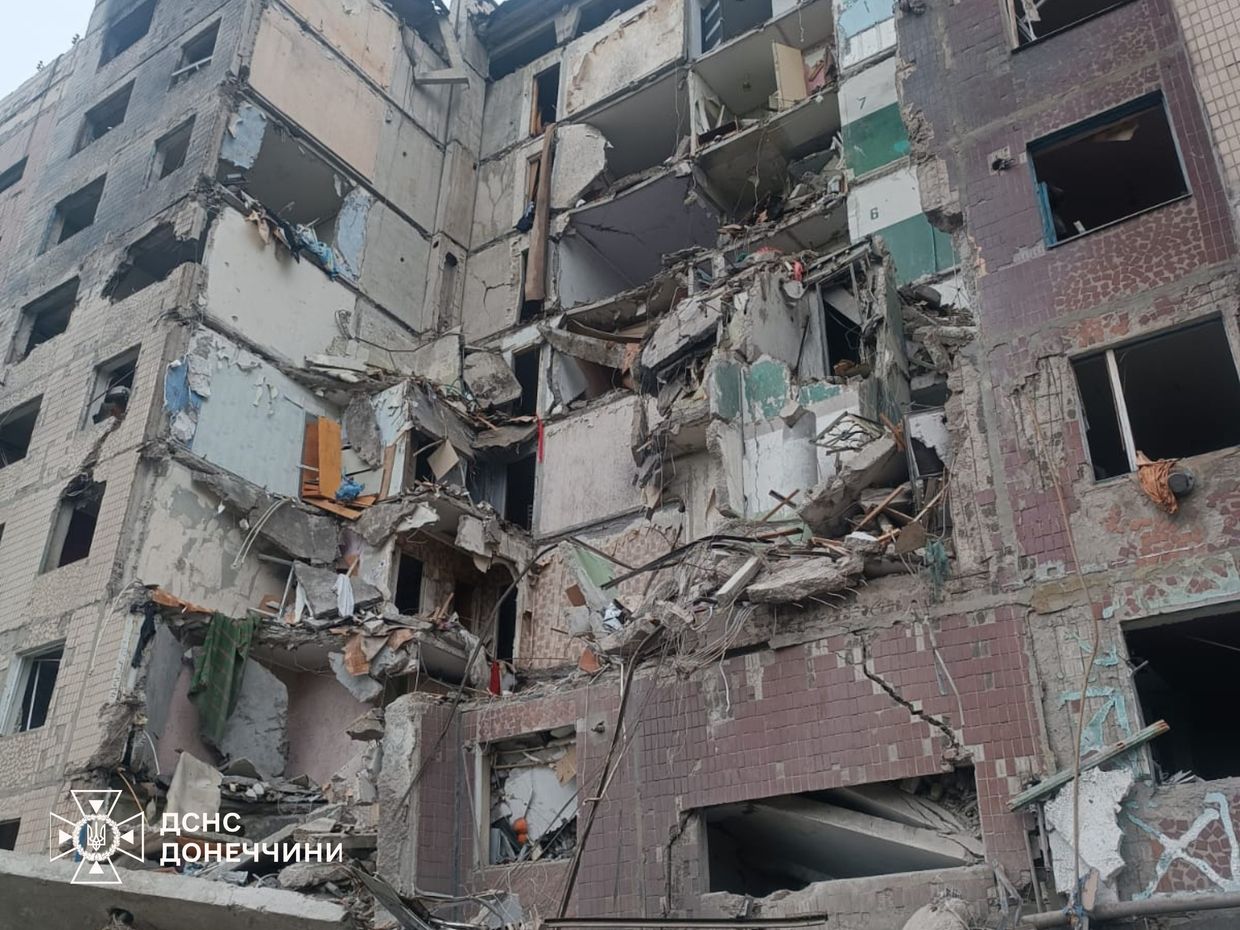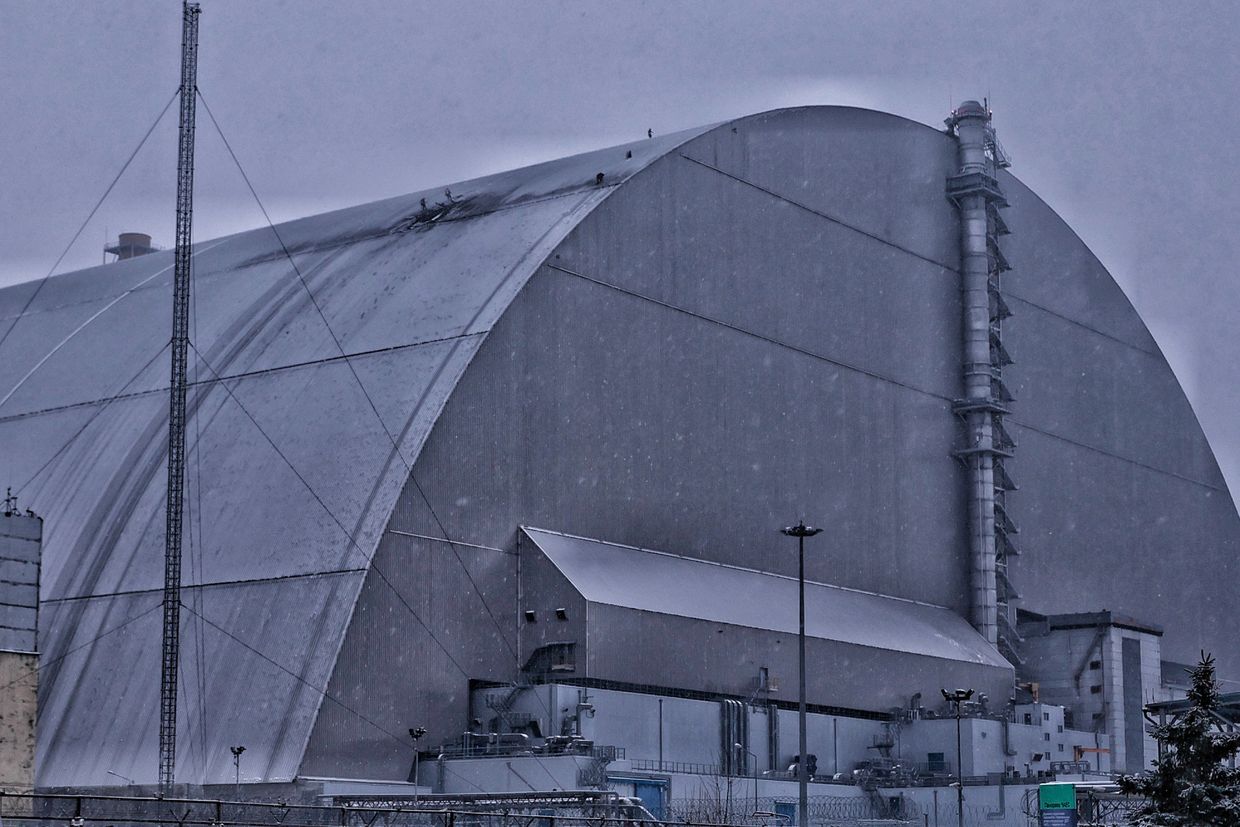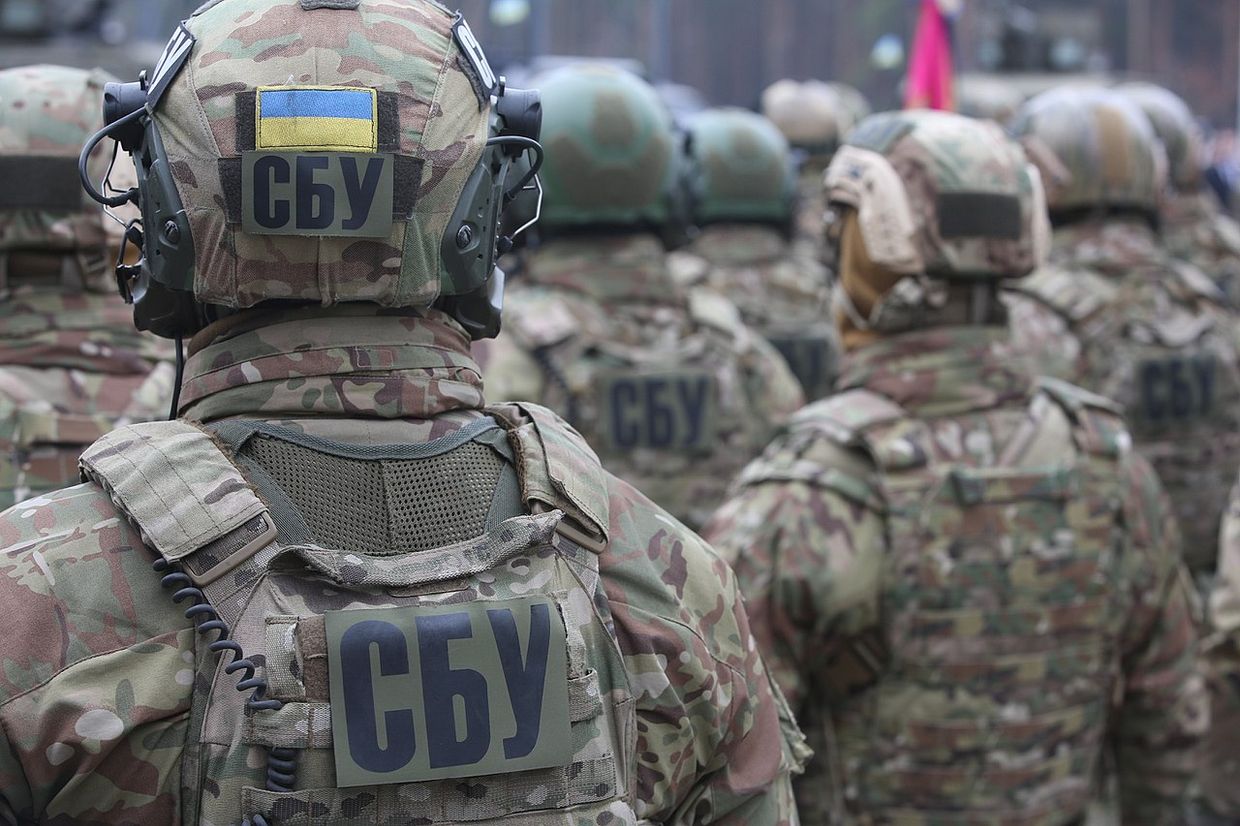
Ukraine
News Feed
Ukraine detains Hungarian spy network in westernmost Zakarpattia Oblast, SBU reports
According to the Security Service of Ukraine (SBU), this marks the first time Ukrainian authorities have exposed a Hungarian military intelligence network conducting activities harmful to Ukraine.

Romanian far-right leader Simion demands Ukraine repay aid, opposes further support
George Simion, leader of Romania's far-right AUR party, who won the first round of the presidential election with nearly 40% of the vote, reiterated that if elected, he would oppose any further assistance to Ukraine and shift Romania’s focus inward.
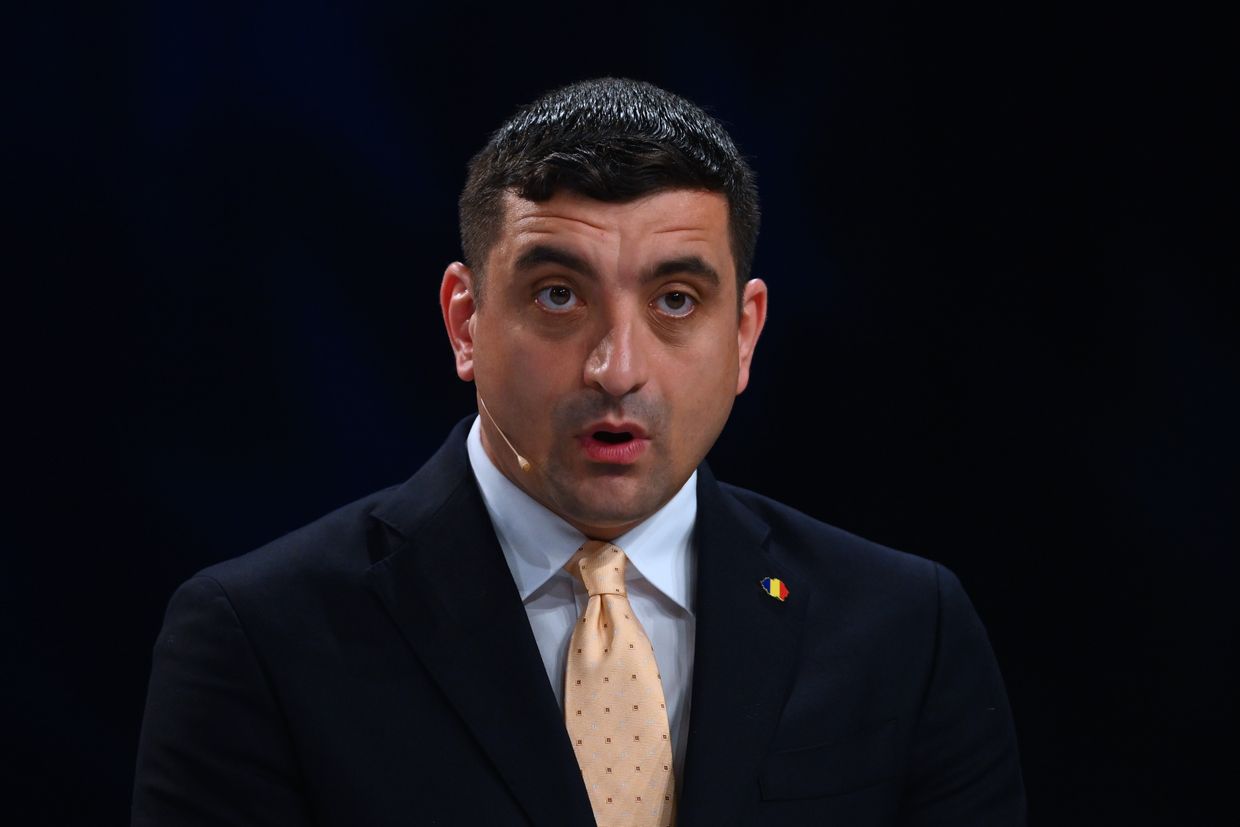
'Friends of steel' — Xi, Putin vow to strengthen cooperation ahead of Victory Day celebrations, slam US leadership
Russian President Vladimir Putin and Chinese President Xi Jinping hailed their countries' relationship on May 8, vowing to increase cooperation in all areas, including military ties.
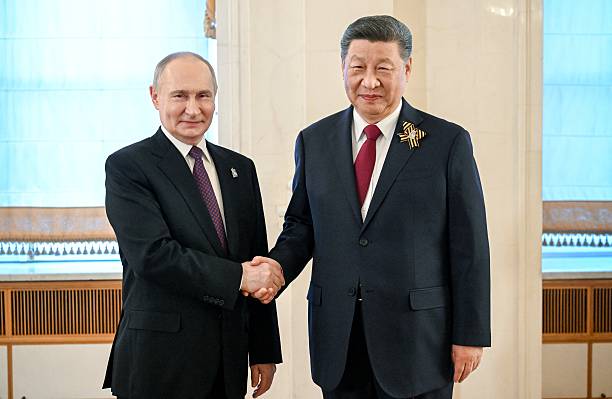
Turkey, China may serve as potential peace talk 'mediator' if US pulls out, Polish FM says
"There is Turkey, which maintains channels of communication. And then, above all, there is the People's Republic of China, which, more than anyone else, has the means to make (Russian President Vladimir) Putin come to the negotiating table and soften his demands," Polish Foreign Minister Radoslaw Sikorski said on May 8.
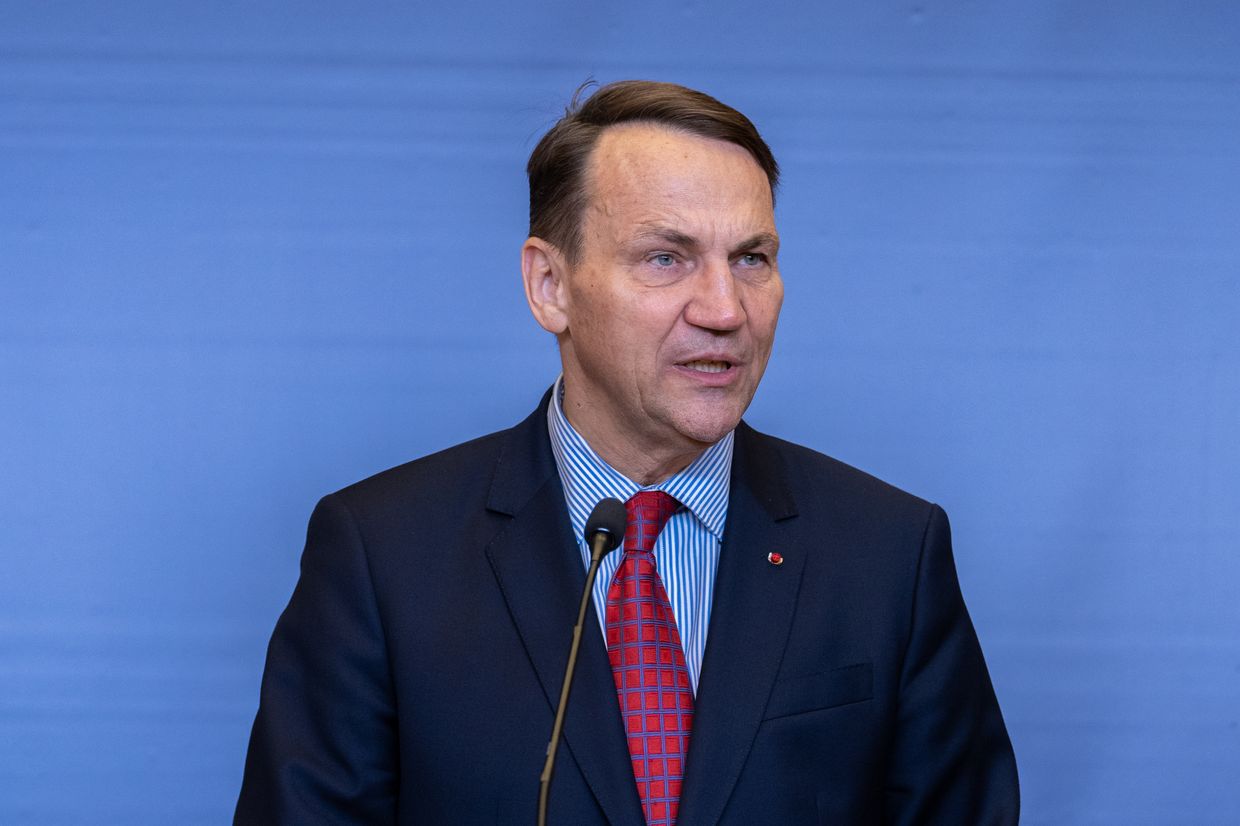
US ready to 'walk away' if Russia negotiates in bad faith, Vance says
The United States will be ready to "walk away" from the negotiating table if it does not see Russia making progress in negotiation to end the war, U.S. Vice President JD Vance told Fox News on May 8.
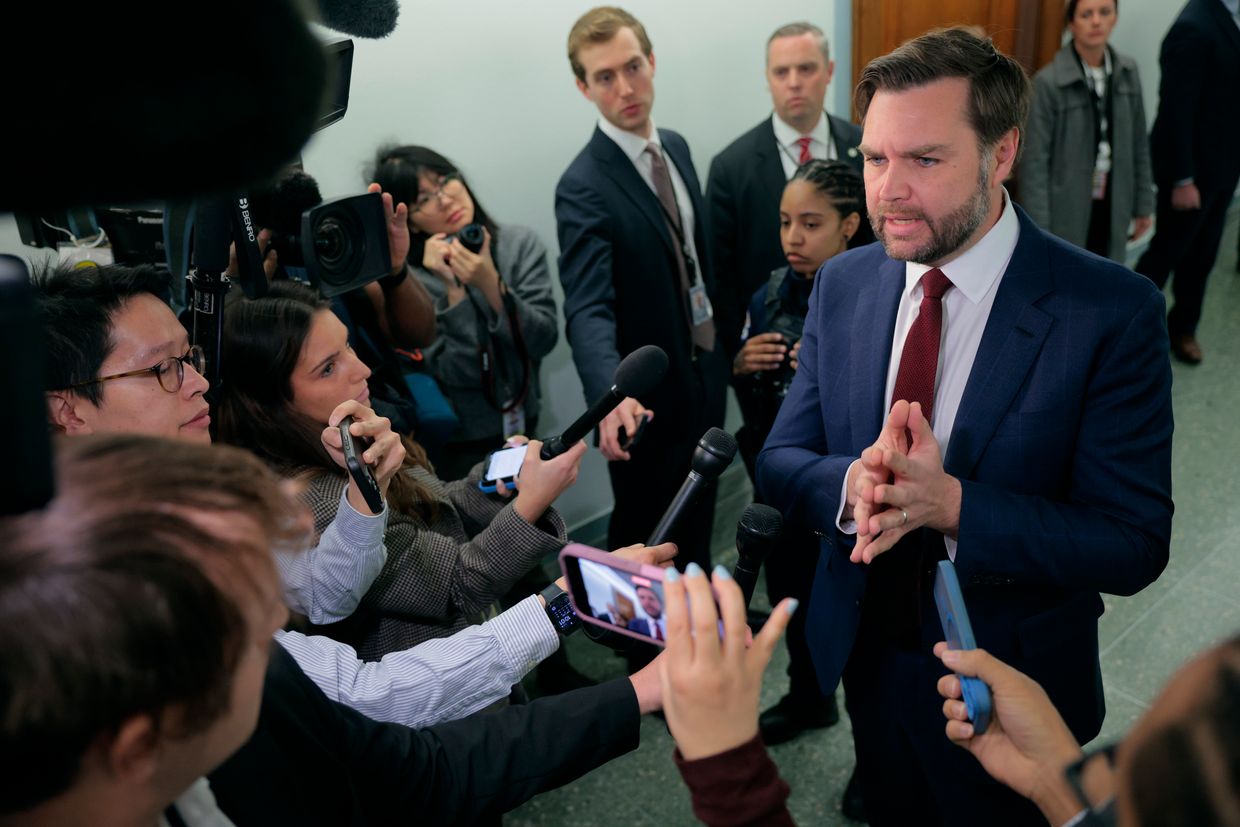
Fico arrives in Moscow ahead of Victory Day celebrations, talks with Putin, world leaders
Slovak Prime Minister Robert Fico arrived in Moscow on May 9 to celebrate Victory Day, commemorating the 80th anniversary of the defeat of Nazi Germany in World War II.
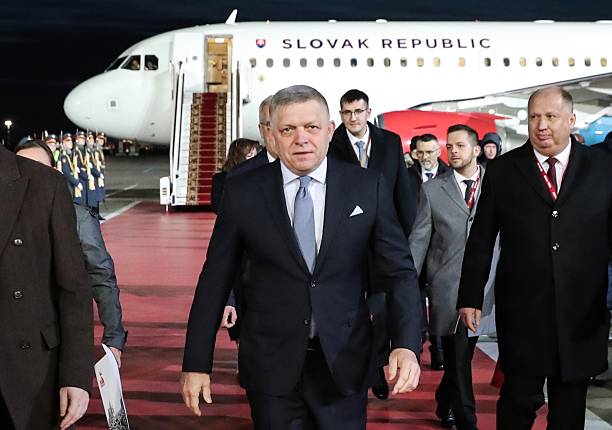
Most Popular
At the time of writing, U.S. Vice President JD Vance has not condemned or commented directly on the strike.
Editors' Picks

How medics of Ukraine’s 3rd Assault Brigade deal with horrors of drone warfare

As Russia trains abducted children for war, Ukraine fights uphill battle to bring them home

'I just hate the Russians' — Kyiv district recovers from drone strike as ceasefire remains elusive


